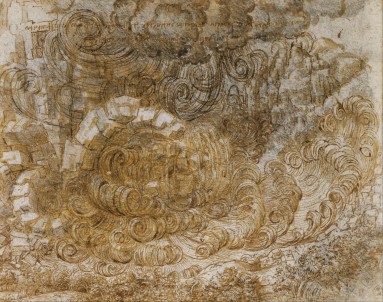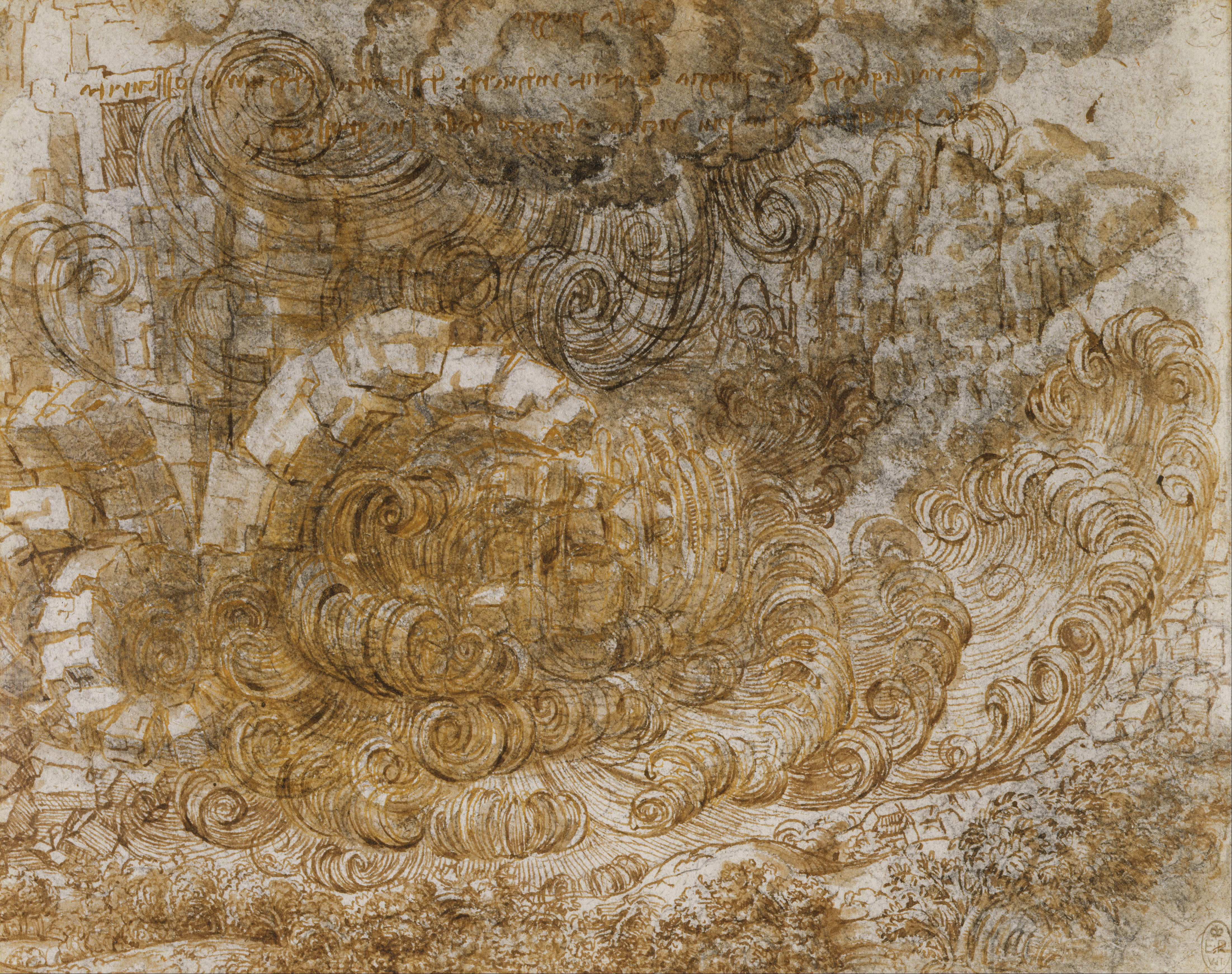A letter by Joseph Conrad to English literary editor Edward Garnett. Their correspondence lasted 30 years. Any resemblance to real people is purely intentional.

February 24, 1898
My dear Garnett,
Thanks for your letter, especially in absence of mine. We—Jessie, the Male Baby, and me—are spending our fifth day with the Cranes. Steve is in a buoyant mood, and Jessie and his missus go on and on about the babies in a frightful display. Only I remain dispossessed of myself. Thoughts turn to the Rescue at dinner, at tea, in every hopeless private moment too. I am horrible at vacations. O! better a full stop midway in that sentence.
The length of my letter stands in inverse proportion to how many words of R. I’ve produced over the past week. Today, five in three hours. Those five hastily discarded as I sank—every so comfortably!—lower and lower into a torment of my own making.
Though every writer puts up a front about the selling business as though its odiousness would sully a baptismal frock just by standing near it, it occurs to me how numbers men and words men are more in tune than either fellow would care to admit.
The shekels of selling and the shekels of story both grope at an economy. Economy is a pleasant word. Counting is inescapable. Believe me, G., for my hell is counting unwritten words in a frozen paralysis.
It has occurred to me on more than one occasion that Am. is a whole country of counting. I would fare even more poorly there than I do in England. N.Y. Can you imagine it? I hate the Yanks. Yet Am. is where you can disguise your lack of courage, moral character, and in my case, agility with writing through a sociopathically good relation to numbers.
The writing comes as easily as eating soup with a knife. It is true, I am losing the last morsel of patience with myself. I induce a rotting in my innermost self as despair gives way to gloaming gives way to vanishing. I was rather hoping for the vapor of mystery (l’arte) over the murkiness of this terrible crisis. And I swear to myself it is not for a capricious public—be it England, be it U.S.—I write for, whether or not I believe it to be entirely true. It is true enough. I am not a machine, or a writing-machine (machine savant). But to-day I became wrangled by the thought that none of this is of any use at all. Or that is of some use but my life is too insular to be touched by it in any drastic way since the Congo experience.
You are not the first or last to dwell on my foreigner’s accent, my consistent mispronunciation. Ha! A day laborer left to work at Steve’s asked for a metal drill bit when I was left alone, and I detected in his face a humorous apprehension at my speech, as he tipped his head slightly leftward like a ponderous bird, straining to hear the newcomer’s cry-call.
Both life and art are obscured by mists and going about either with a sense of wishing to render justice unto the world is akin to how I began Nigger of Narcissus, here recited in hazy memory—
Mr. Baker, chief mate, stepping out of the ship’s lit cabin into the darkness of the quarter-deck.
To struggle with one’s blurred vision as you leave the comfort of a lit place for a sea-like unknown is both the great fear and the great imperative.
Vale frater
Ever yours
CONRAD
